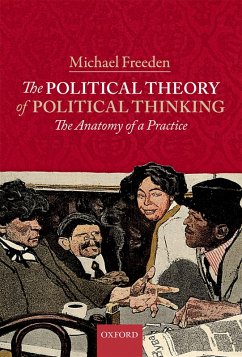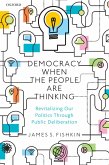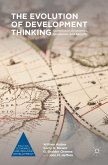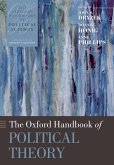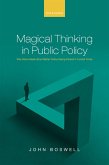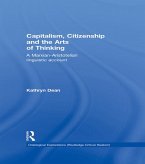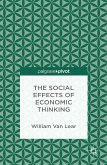What does it mean to say that human beings think politically, and what is distinctive about that kind of thinking? That question is all-too infrequently asked by political theorists, or is dealt with through generalizations, abstractions, and dichotomies. This study examines the actual, real-world patterns people display when thinking politically, identifying six features of political thinking. They include the role of making ultimate decisions and regulating all social affairs, ranking collective priorities, mobilizing support for groups or withholding it, conceptualizing social order and stability as well as disorder and instability, projecting future visions and constructing plans for a society, and engaging the power aspects embedded in language, by means of reason, rhetoric, emotion or menace. Concurrently the untidiness and occasional failures of thinking politically are acknowledged alongside its quest for neatness. A large number of case studies is employed, drawn both from professional political theorists and philosophers and from various instances of vernacular usage: politicians, political commentators, or protest groups. Both contemporary and historical evidence from different cultures is utilized in illustrating the theoretical framework of the book. This is the first systematic study of political thinking as a cluster of thought-practices, combining insights from political theory--traditional and recent--the study of language and discourse, and political science. This investigation of 'the political' as a mode of thinking challenges many conventional understandings of political thought in the current literature, teases out what is political--not philosophical or ethical--in political theory, and locates it as a complex and ubiquitous social practice present at all points of human interaction and at diverse levels of articulation.
Dieser Download kann aus rechtlichen Gründen nur mit Rechnungsadresse in A, B, BG, CY, CZ, D, DK, EW, E, FIN, F, GR, HR, H, IRL, I, LT, L, LR, M, NL, PL, P, R, S, SLO, SK ausgeliefert werden.

